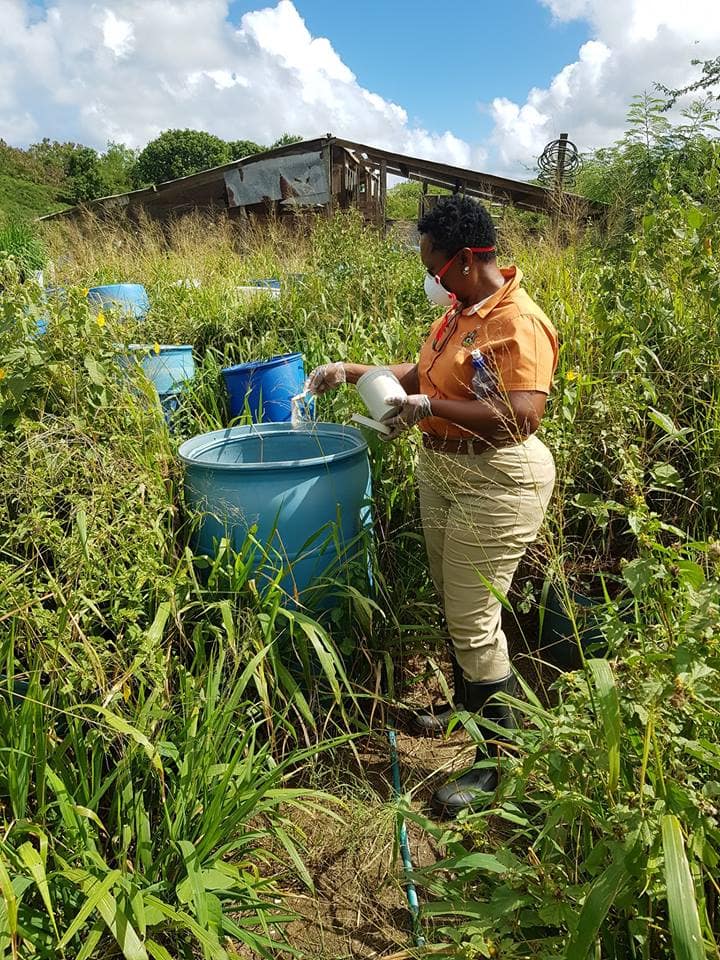
(PAHO)- The Pan American Health Organization (PAHO) is calling countries and territories of the Caribbean to join forces during Caribbean Mosquito Awareness Week 2024, which runs from May 6 to 12.
The aim of the week is to kick start regional efforts to prevent and control dengue, chikungunya, and Zika, diseases transmitted by the Aedes aegypti mosquito.
Under the slogan “United for health”, the Week seeks to raise awareness of the threat posed by these diseases. In recent years, there has been a significant increase in the number of people affected in the region. So far this year, more than 6.5 million cases of dengue fever have been reported in the Americas, three times more than during the same period in 2023. In the English, Dutch and French speaking Caribbean, more than 25,000 cases have already been reported, surpassing half of what was reported in the entire previous year.
“Dengue is a disease that can be deadly if it is not diagnosed and treated on time, and this year we are seeing a worrying increase in the region,” said PAHO Director Dr. Jarbas Barbosa.
“Mosquito Awareness Week is an opportunity for all of us to work together to eliminate breeding sites, stop the spread of these diseases and protect our communities, especially before and during the rainy season,” he added.
The Aedes aegypti mosquito lives inside and around homes and breeds in any container or object that collects water. The mosquito can transmit dengue, chikungunya, and Zika, diseases that can cause fever, joint pain, skin rashes, and, in severe cases, even death.
Several environmental and social factors contribute to the spread of the mosquito, including rising temperatures, the presence of garbage and containers that serve as breeding grounds, as well as weather events.
The Caribbean Mosquito Awareness Week 2024 is an opportunity to organize, inform and participate in clean-up days in homes and public spaces such as streets, parks, schools, cemeteries, health centers, hospitals and other places where lots of people congregate.

This helps to prevent the accumulation of containers holding water that could serve as breeding grounds.
In addition to eliminating breeding sites, PAHO recommends taking measures to protect against bites, such as using repellent on exposed skin, wearing long-sleeved shirts and pants outdoors, installing mosquito nets on windows and doors, and seeking early medical attention for symptoms of dengue, chikungunya or Zika.
PAHO works with countries and territories across the Americas to enhance surveillance, diagnosis, and treatment of mosquito-borne diseases, while also working to strengthen prevention and control measures against dengue, chikungunya, and Zika, among others.
Advertise with the mоѕt vіѕіtеd nеwѕ ѕіtе іn Antigua!
We offer fully customizable and flexible digital marketing packages.
Contact us at [email protected]















